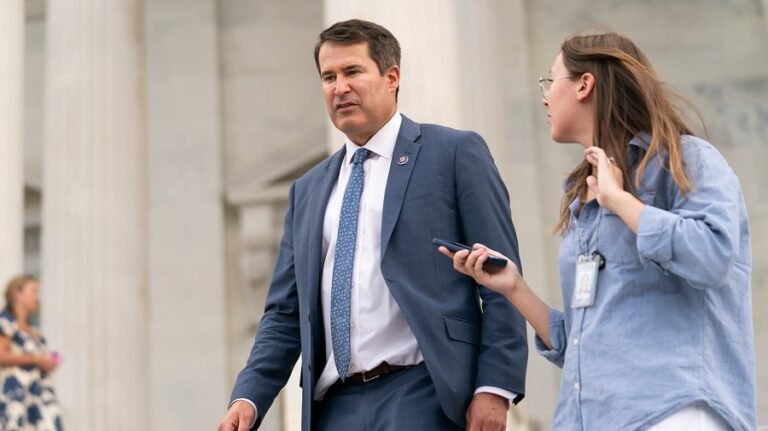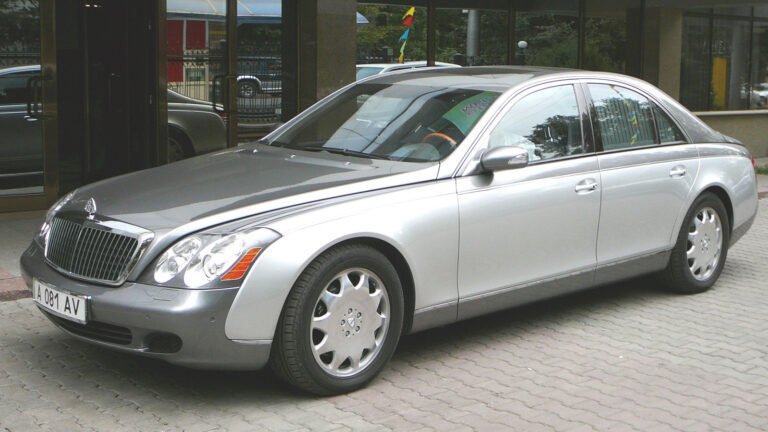
Trump’s allies defend his use of the International Emergency Economic Powers Act to impose sweeping tariffs by insisting that Congress can end the underlying “national emergency.”
They argue that if lawmakers fail to vote in favor of a veto-proof joint resolution overturning the emergency, Trump’s authority stands and the tariffs are legal. But Congress’s inability and unwillingness to do its job does not expand presidential power.
Congress holds the power to levy import duties. It has delegated that authority only in narrow ways — through two sections of the 1974 Trade Act for balance-of-payments problems and unfair trade practices, and through the 1962 Trade Expansion Act for national security. All of these powers come with both limits and procedures.
Trump wanted to avoid being hamstrung by the guardrails in those statutes, which include procedural and substantive limits. The International Emergency Economic Powers Act, which Congress wasn’t as clear about, was actually meant to rein in executive overreach, not to invite it.
The statute was written for unforeseen crises, like hostage-takings and asset freezes — not for longstanding grievances about trade deficits, never mind ones cast narrowly in terms of goods only and not services.
Congress wanted to stop presidents from treating “emergencies” as standing licenses to govern by decree. In 1977, the House Committee on International Relations stated that International Emergency Economic Powers Act was needed precisely because its predecessor, the Trading With the Enemy Act, became “essentially an unlimited grant of authority for the president to exercise, at his discretion, broad powers in both the domestic and international economic arena, without congressional review.”
The committee further explained that the International Emergency Economic Powers Act wouldn’t have to be stretched out of shape by the executive because Congress had legislated other tools. Specifically, there wouldn’t be the need to have a repeat of Nixon’s use of the Trading With The Enemy Act to impose tariffs, because the president “now has specific balance-of-payments authority to change import duties under Section 122 of the Trade Act of 1974.”
This is important. Since the U.S. goods trade deficit and concerns about the balance of payments are essentially the same side of the coin, this Section 122, not International Emergency Economic Powers Act, is the relevant statute for what Trump says he wants to redress.
As for International Emergency Economic Powers Act, the congressional check on the underlying “emergency” isn’t much of a check under normal circumstances, and these aren’t those. To be sure, Speaker Mike Johnson (R-La.) has gone to great lengths to stop Congress from voting on the issue.
To their credit, a group of Republicans have sped up the clock on a vote that was scheduled for next March, pushing it up to the end of January. But depending on what and when the Supreme Court rules, the vote could amount to political theater if the tariffs are struck down, or a permanent delegation of tariff authority to the executive if they are not.
Defenders of Trump’s tariffs want the Supreme Court to defer to this congressional inaction. That’s a political sleight of hand, not a legal argument. The real question before the court is straightforward: Did Congress delegate tariff authority under the International Emergency Economic Powers Act? The answer is no. Its silence cannot be stretched into consent, and its abdication cannot substitute for authorization.
The case is about much more than trade. If the International Emergency Economic Powers Act can be read to authorize tariffs, it can be read to authorize anything an administration simply repackages as an “economic emergency.” That would tilt the balance of powers decisively toward the executive branch and gut the very design the Framers built into the Constitution.
Trump’s International Emergency Economic Powers Act tariffs are not legal, and Congress’s inability or unwillingness to vote on the underlying national emergency doesn’t change that.
Marc L. Busch is the Karl F. Landegger Professor of International Business Diplomacy at the Walsh School of Foreign Service, Georgetown University.





